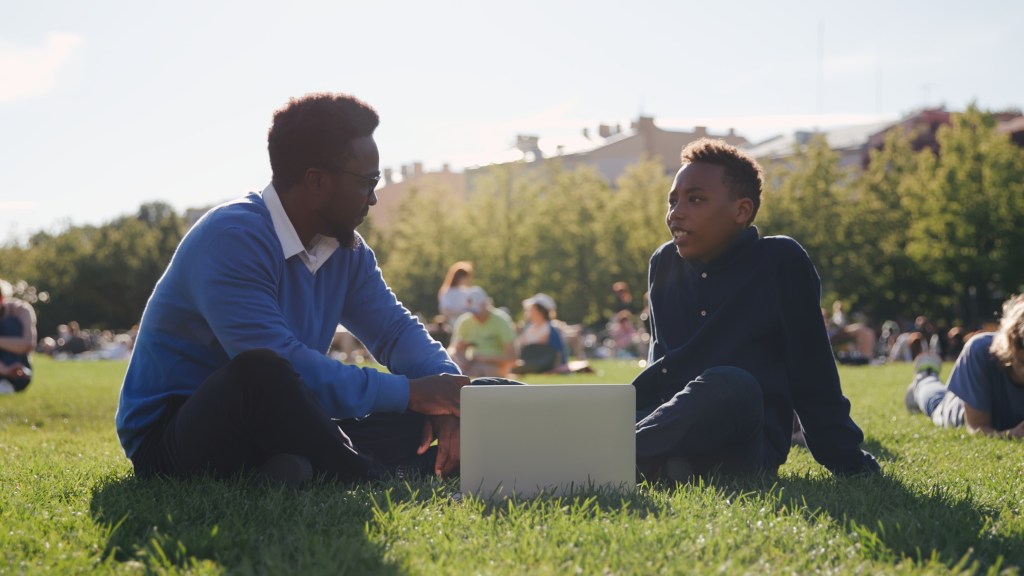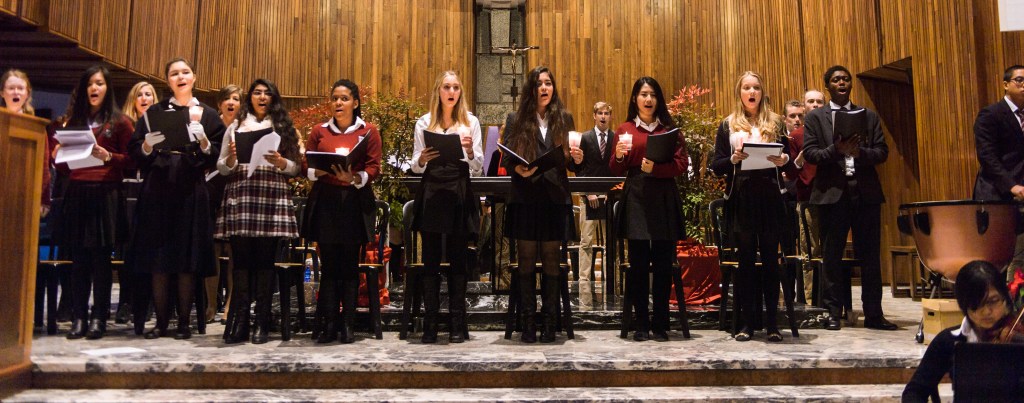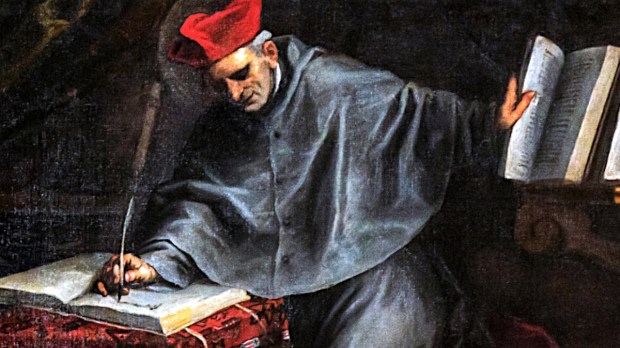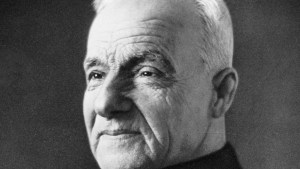For many years, my only goal in life was to be the smartest person in the room. I was obsessed with acquiring knowledge. In college, I loaded up on extra classes, attended extra lectures, and even did my own reading on the side. I would often fall asleep at night in the chair with a philosophy book in my hands.
To me, developing the intellect was the secret to solving all my problems. I figured that being smart was the key to understanding God, the reason for my depression, and how to find a path forward spiritually and emotionally. It didn’t hurt that, if I could indeed be the smartest person in a room, it would be a boost to my ego, which was more or less out of control.
It turns out I’m not that smart.
So much for ego. Once I arrived at Yale for grad school, it became painfully clear that there are lots (and lots) of people in the world with quicker wits than me, who are more studious, more clever, more motivated. And even though I was, indeed, learning quite a bit as I went along, my personal issues lingered and doubts about my faith continued. In fact, they multiplied. I realized I couldn’t know everything about God. The “subject,” so to speak, is too big for one mind.
God is not an idea to be studied, but a person to be known. I also came to understand that the human soul is complex, and who I am is far more than a disembodied intellect.

What does it mean to be educated?
Knowing this, the question naturally arises concerning what it means to be educated. What sort of knowledge is worth acquiring, and what is the relationship between the intellect and knowledge? One thing is clear — education must embrace the whole of reality, not only the intellect.
Now that I’m a parent myself with school-aged children of my own, their education is something I’ve thought a lot about. Fortunately, my past mistakes have helped me form some thoughts about the purpose of education.
One thing I notice about educational trends these days is that things are going in precisely the wrong direction. Approaches to education are highly abstracted and theoretical, on the one hand, and on the other hand, they are limited to so-called “practical” skills, focusing particularly on science and technology.As soon as they enter the classroom, children are handed iPads and computers. Their assignments are geared toward preparing them to obtain a high-paying job and fit in with society (regardless of whether society is worth fitting into).
Whenever a school advertises that their students receive laptops and learn through cutting edge technology, I immediately question the quality of the education provided there. This is because the primary goal of education isn’t the development of practical skills. It isn’t really even about the pure acquisition of intellectual knowledge. It is both of these, to be sure, but much more.
Man does not live on bread alone. A person cannot flourish with practical knowledge alone.

The romance of learning
Recently, I gave a talk at a homeschooling conference in which I explained that education is essentially a romantic endeavor. To explain what I meant by that, I quoted Edith Stein, who writes,“The educator is called by God’s mandate to open his pupil’s soul to the workings of grace and, also, to develop the dormant powers of the soul in accordance with God’s image.” This is pure romance, this idea that education is founded on a metaphysical conception of the human person. Teacher and student are not submitting to the demands of practicality or some arbitrary intellectual goal but, rather, they’re seeking knowledge as a treasure, as a great journey of discovery towards the source of that knowledge which proceeds from a higher sphere.
In such an atmosphere, you can almost begin to believe that elves and hobbits and King Arthur and the Holy Grail are real. Maybe they are. I do know, for sure, that St. Francis held out his hands to receive stigmata, and St. Thomas Aquinas escaped a locked tower in a castle to run away to Paris, and St. Philomena was a Greek princess who faced down lions in the arena. This world, a world full of endless possibility, inhabited by heroes who adhered to a deeper truth, this is the world I want my children to inherit. Maybe they, too, can even join those heroes.
As Edith Stein further explains, education begins in the soul. True education is not the imposition of exterior knowledge but, rather, is formative of the entire human being from the inside out.
This type of education shapes a unique, wonderful, thoughtful, mature person who seeks happiness. Such happiness, we as Catholics believe, is bound up in our progress towards sainthood.

Knowing Christ
St. Bonaventure, whose feast we celebrate today, puts it simply but effectively when he teaches, “If you learn nothing except Christ, you learn everything.” Knowledge is an interior transformation. It’s like a ladder that makes a connection between us and Christ. Christ is Truth, and higher we ascend on the ladder, the closer we are to living in the truth.
In my experience, education is a process of learning to identify that which is valuable. Seek Christ first. We need to know about him, yes, but far more important is to know him.
A well-rounded education will include plenty of academic learning, but also will be formative in practicing virtues, prayer, and theology. It will include poetry, great literature, and gazing at the starry sky in silence. Maybe it will include forestry, long-distance running, constructing a medieval catapult, or building a robot. Who knows.
The point is that education is a great romance, a falling in love with this world because, through it, we come to see ever more clearly the One who is all Beauty, all Goodness, and all Truth.



